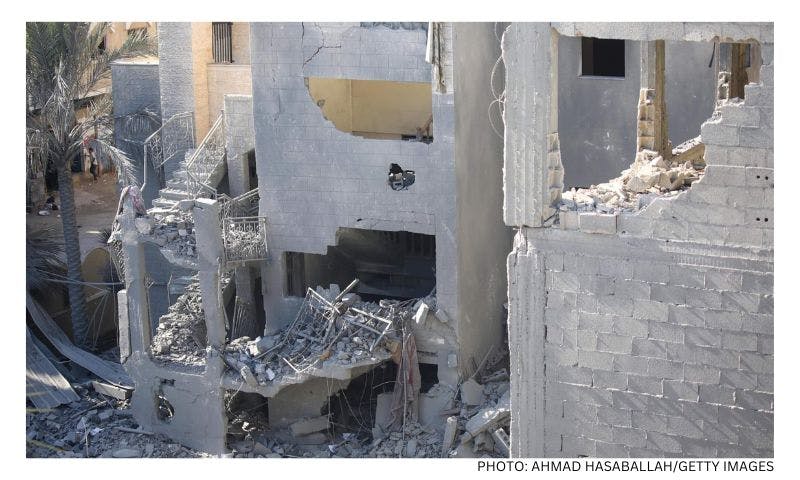Published: 20 May 2018
Last updated: 4 March 2024
It’s a bedrock principle of democracy that government actions must be open to scrutiny, so that members of the public can exercise their democratic right to vote on a properly informed basis, and they can challenge unlawful government actions that affect their legal rights.
Other than in rare cases, such as where there is a grave national security risk, it is essential that light is shone on government action. That’s a role played by the media, by opposition parties, and by non-government organisations (NGOs), amongst others.
Their ability – indeed their guaranteed right – to speak out against government action and policy is the lifeblood of democracy. That’s true even when (especially when) when we disagree with them.
As much as one may be concerned about media bias, or politicisation or foreign funding of NGOs, attempts to delegitimise such organisations, or regulate their speech, are far more harmful. Not just to them, but to each of us.
Recent Israeli laws regulating human rights organisations who receive foreign funding may seem like a good idea if you think that those organisations are impinging too far on the efficient implementation of government policy.
But that’s a short-term view. Because if the green light is given to the regulation of, for example, anti-occupation NGOs in this way, then it must be ok for a future Israeli government to restrict the speech of settler organisations.
And if that’s where we are headed – that whoever forms government gets to decide who has unrestricted free speech and who does not – we are well on the way to losing any semblance of democracy.
In Israel, a tiny country facing overwhelming security concerns, this issue is in very sharp focus. But while there is obviously a need for some curtailment of free speech to accommodate security needs, at the same time we must be zealous not to let security issues unnecessarily undermine free speech.
Claims that these organisations are unpatriotic or even treasonous are bunkum. They do not do their work to attack or delegitimise the State of Israel, they do it to protect and enhance it.
In 1941, during Britain’s darkest hour, a Mr Robert Liversidge was arrested under legislation allowing the UK government to detain persons of “hostile origin or associations”. Liversidge asked for a statement of the reasons he was thought to be such a person, but this was denied on security grounds.
It was, after all, a crucial time, when Britain faced an existential threat: The Battle of Britain had just been fought, Germany had conquered the Balkans, Greece and Crete and was advancing into Russia, and the British war effort in North Africa was failing.
Some 25 years later the reasons for Liversidge’s detention were revealed. One of them was: “You are the son of a Jewish Rabbi.”
The concealment of rank anti-Semitism by the motherland of western democracy under cover of bogus national security claims is chilling. It is precisely to protect each and every one of us from this sort of inexcusable government excess that we must be vigilant in allowing the media and NGOs to do the vital work of investigating and reporting on government action, even when we disagree with what they are saying, and even when it makes us feel uncomfortable.
This is why the work of Israel’s human rights organisations, like B’Tselem, Yesh Din, and Breaking the Silence, is essential to Israel’s future as a democracy governed by the rule of law.
Holding governments to account through the work of such organisations is difficult, often controversial, and sometimes even embarrassing. Reading their reports is invariably an unpleasant and uncomfortable experience. But ensuring they are free to do their work with all vigilance they can muster is the only defence against future Robert Liversidge incidents.
Claims that these organisations are unpatriotic or even treasonous are bunkum. They do not do their work to attack or delegitimise the State of Israel, they do it to protect and enhance it.
As former chief justice of the Israel Supreme Court, Aharaon Barak, recognised: “Only a strong, safe, and stable democracy may afford and protect human rights, and only a democracy built on the foundations of human rights can have security.”
In the case of Breaking the Silence, the work is done by more than 1,000 patriotic Jewish ex-servicemen and women who have loyally put their lives on the line to defend their homeland.
None of their testimonies or reports has ever been withheld or censored by Israel’s military censor. The real danger to the State lies not in what they say, but in seeking to silence or delegitimise them.
Photo: Breaking the Silence activists protest against the occupation in Tel Aviv in 2016 (Moti Milrod)




